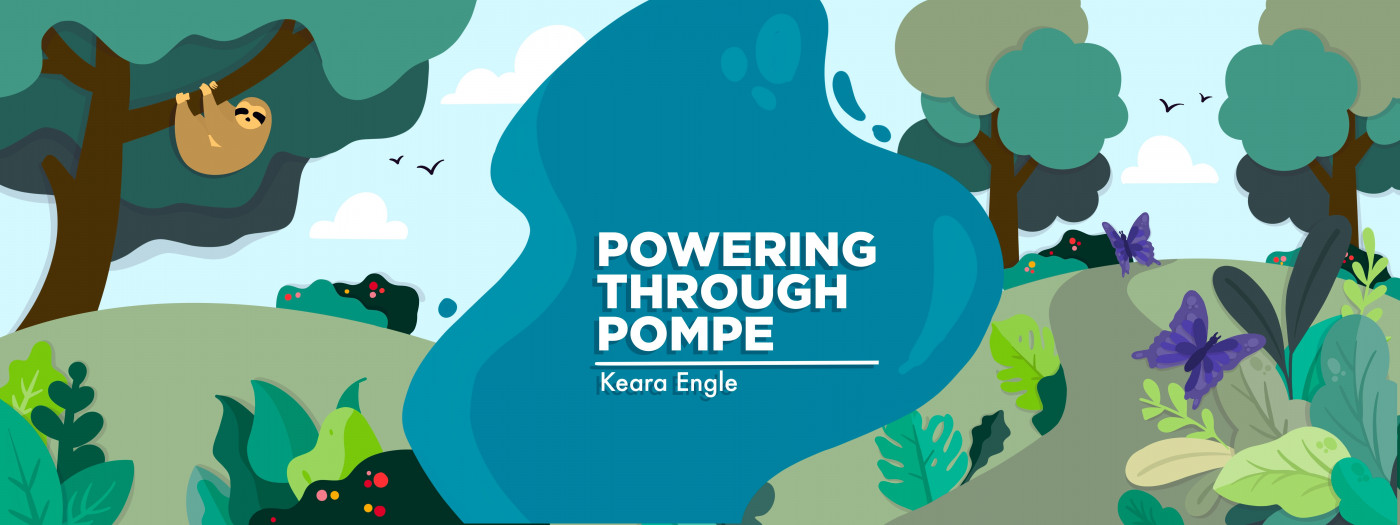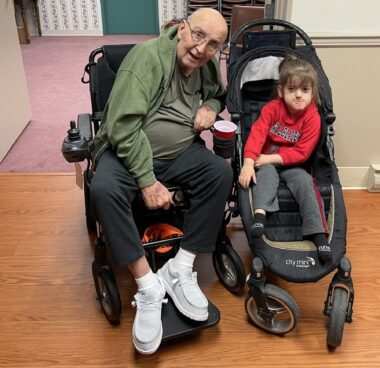Familiar medical examples made explaining death to my child easier
When her grandfather passes away, a columnist must explain it to her son
Written by |

Over the summer, I lost someone very dear to my heart. My grandfather passed away on July 18 at 75 years old. It took me quite some time to come to terms with his death, even though we knew it was coming. I still find myself in tears when I think about it, but I know that as time passes it will get easier.
This was the first big death in the family for my 5-year-old son, Cayden. He wasn’t sure what it meant when I told him our pappy had passed away. I didn’t know how to explain the situation to such a young child. Then I got a bright idea.
My grandfather had heart issues for most of his life and had both a surgically implanted pacemaker and a defibrillator. As time went on, his heart grew weaker and weaker and eventually was the cause of his death.
Commonalities
Our family is no stranger to cardiac issues. Cayden has had quite the adventure of his own with his heart. He was diagnosed with infantile-onset Pompe disease through our state’s newborn screening program when he was just a month old. Immediately after his diagnosis, the doctors took a look at his heart.
Infantile-onset Pompe disease causes a baby’s heart to thicken and function poorly. At just 1 month old, Cayden’s heart was so bad that they labeled him as having moderate to severe heart failure. He spent the next six weeks in the hospital fighting for his life. Thankfully, enzyme replacement infusions have restored his heart to a normal size and functioning. However, we still keep an eye on it just to be safe.
Because I know that Cayden is familiar with heart issues and cardiac testing, I used this as an opportunity to explain my grandfather’s death to him. I told him that Pappy had heart issues just like he does, and Pappy spent lots of time seeing the doctor because of it. Then I explained that Pappy’s heart didn’t get better like Cayden’s did; instead, it got worse. I told him that Pappy’s heart fought for a long time to keep his body going, but eventually, it became too weak and caused his death.
I could see the wheels start to turn in Cayden’s little mind. He pointed to his heart and asked, “Pappy’s heart broke?” Yes, I replied. It was quite an interesting realization for such a young child. I told him that we wouldn’t see Pappy again, and that Pappy was no longer suffering and in pain. That made Cayden happy, because the last time we had seen my grandfather, he was moaning with pain, which upset Cayden.
My grandfather’s death isn’t easy for me to cope with, but I know he’s at peace. We all knew it was coming, it was just a matter of time. I’m thankful for all of the great memories I have. One of my favorites is whenever he and Cayden would race in their wheelchairs, which brought Cayden so much joy! I’m hoping that Cayden will remember my grandfather, and I’ll do whatever it takes to make sure he does.

Keara Engle’s son Cayden and her grandfather during one of their last visits together. (Photo by Keara Engle)
Note: Pompe Disease News is strictly a news and information website about the disease. It does not provide medical advice, diagnosis, or treatment. This content is not intended to be a substitute for professional medical advice, diagnosis, or treatment. Always seek the advice of your physician or other qualified health provider with any questions you may have regarding a medical condition. Never disregard professional medical advice or delay in seeking it because of something you have read on this website. The opinions expressed in this column are not those of Pompe Disease News or its parent company, Bionews, and are intended to spark discussion about issues pertaining to Pompe disease.







Leave a comment
Fill in the required fields to post. Your email address will not be published.